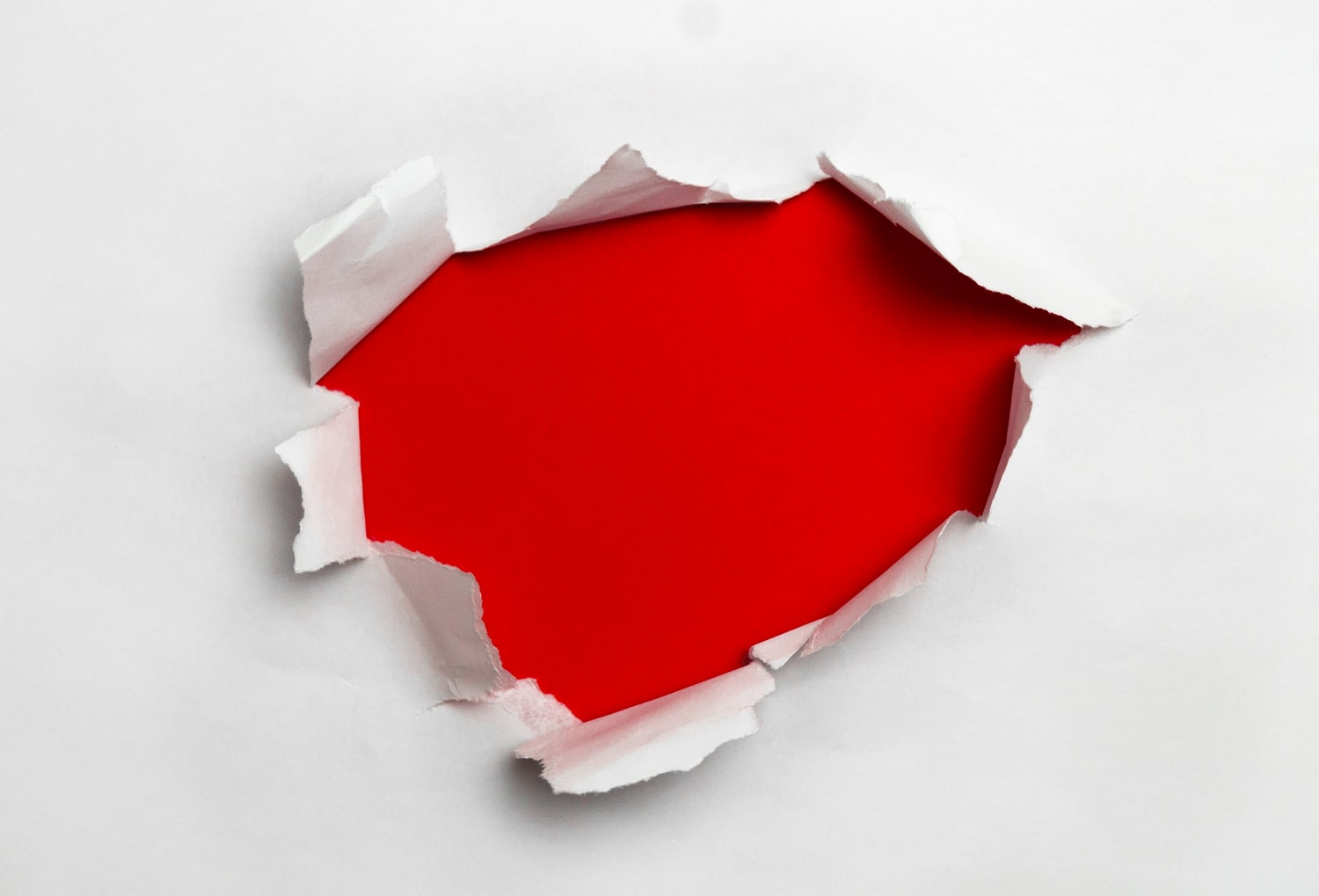
38 interesting facts about red
- 👁️ 324
Red is a colour of passion, power, and vitality, with a fascinating history and a potent symbolism. As one of the first colours used by humans in prehistoric art, it has a timeless allure that transcends cultures and epochs. In nature, it signals both attraction and danger, while in human societies it can denote anything from love and anger to revolution and wealth. As a key component of the visual spectrum, red continues to leave its indelible mark on our lives and imaginations.
- Red is one of the primary colours, meaning it cannot be created by mixing other colours.
- In terms of wavelengths, red light has the longest, with a wavelength range of approximately 620-750 nanometres.
- Red is one of the most commonly used colours in national flags, appearing in 77% of all flags.
- In ancient Rome, warriors were painted red to symbolise blood and to frighten the enemy.
- In China, red is considered a lucky colour and is often used in festivities and celebrations.
- Red also symbolises prosperity in Chinese culture and is frequently used in wedding ceremonies.
- The red rose is a universal symbol of love and passion.
- In business, the term ‘in the red’ means losing money, a reference to the red ink traditionally used for recording losses.
- The red carpet, often associated with Hollywood events, symbolises prestige and honour.
- Red fruits and vegetables, such as tomatoes, strawberries, and red peppers, are rich in antioxidants.
- The phrase ‘seeing red’ originates from the sport of bullfighting, where a red cape is used to provoke the bull.
- In the animal kingdom, red often serves as a warning sign of danger or toxicity, as seen in creatures like the poison dart frog.
- Red is often associated with socialism and communism, with red flags being a common symbol.
- The Red Cross, an international humanitarian organisation, uses a red cross on a white background, the inverse of the Swiss flag, as its emblem.
- Red is the colour of the planet Mars, giving it the nickname ‘The Red Planet’. This red colour is due to the iron oxide (rust) on its surface.
- In Hinduism, red symbolises power and passion, and brides often wear red during their wedding ceremonies.
- The highest arc of a rainbow is always red.
- Red light districts, areas associated with adult entertainment or sex work, get their name from the red lights traditionally used as a sign.
- Red is often used in warning signs and emergency signals due to its high visibility.
- Some studies suggest that seeing the colour red can make the heart beat faster.
- During the French Revolution, red became a symbol of liberty.
- ‘Redshirting’ is a term used in American college athletics to refer to delaying a student’s participation in order to lengthen their period of eligibility.
- Red is the colour of the international symbol for stop.
- In some cultures, a red door is seen as a sign of welcome.
- In the Middle Ages, redheads were often associated with moral degradation and intense sexual drive.
- The ruby, a red gemstone, is traditionally given on the 40th wedding anniversary as a gift.
- The phrase ‘paint the town red’ means to go out and enjoy oneself flamboyantly.
- In Japan, red is a traditional colour for a heroic figure.
- In South Africa, red is the colour of mourning.
- The ‘Red Sea’ got its name because of a type of algae that turns the sea a reddish-brown colour.
- The ‘Red Scare’ was a period of intense anti-communist suspicion in the United States in the 20th century.
- ‘Code red’ is commonly used in hospitals to indicate a critical situation or emergency.
- The ‘red-eye effect’ in photos occurs when a camera’s flash reflects off the blood vessels in the retina, causing the eyes to appear red in the picture.
- Some people, known as ‘tetrachromats’, can see a wider range of the colour spectrum than most people, including more variations of red.
- In tarot card reading, red is associated with the physical body and materialistic thoughts.
- In dream interpretation, seeing red in dreams may symbolise anger or violence.
- During the Middle Ages, red dyes were expensive and often reserved for the clothes of the wealthy or the clergy.
- Red is the colour most commonly associated with heat and fire.
Red, with its rich history and diverse symbolism, permeates our lives in countless ways. From natural phenomena and cultural ceremonies to language idioms and psychological responses, its impact is both profound and far-reaching. Whether it’s signalling danger or embodying passion, red’s enduring presence in our visual and emotional landscapes underscores the power of colour in shaping human experience. Just as a touch of red can change the character of a painting, so too does it continue to add depth and intensity to the tapestry of life.
Red is a colour of passion, power, and vitality, with a fascinating history and a potent symbolism. As one of the first colours used by humans in prehistoric art, it has a timeless allure that transcends cultures and epochs. In nature, it signals both attraction and danger, while in human…